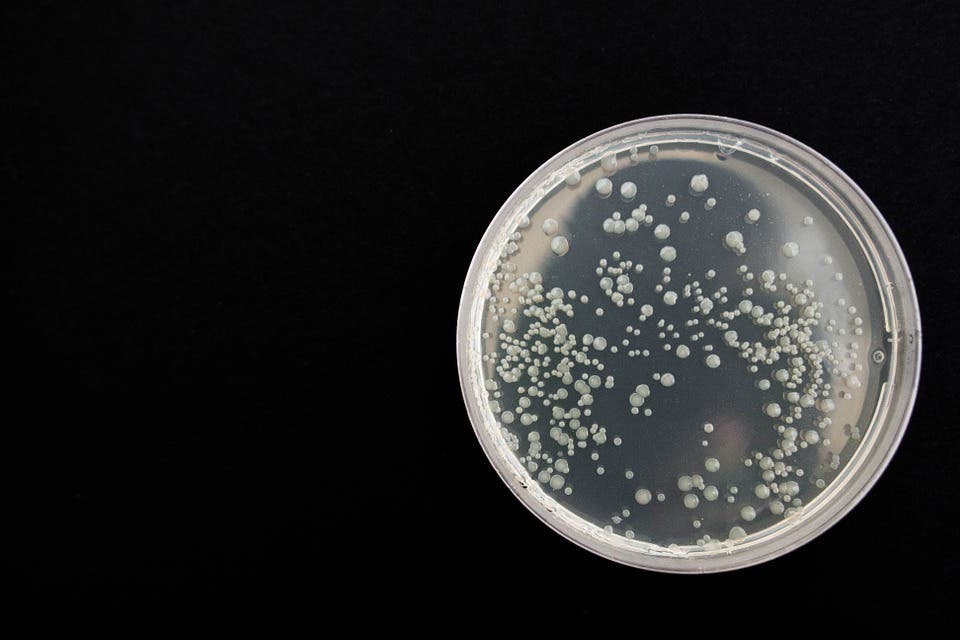An international research team has created the most comprehensive record of human intestinal flora to date. Over 100 of the species they list are completely new to science.

Our intestinal microbiome is essential in keeping us healthy, well-fed, and in good spirits. Each one of us carries around 2% of our overall body weight in bacteria. However, we don’t have a very clear idea of what strains call our innards ‘home’. A new study, published by researchers from the Wellcome Sanger Institute, Hudson Institute of Medical Research, Australia, and EMBL’s European Bioinformatics Institute comes to flesh out our understanding of these bugs with the most comprehensive look at human intestinal flora to date.
The resource will allow scientists to better understand our bacterial compadres and make it easier to analyze the particular microbiome of each individual. All in all, the team hopes their work will point the way towards new treatments for diseases such as gastrointestinal disorders, infections, and immune conditions.
Gutmates
“This study has led to the creation of the largest and most comprehensive public database of human health-associated intestinal bacteria,” says first author Dr Samuel Forster from the Wellcome Sanger Institute.
“The gut microbiome plays a major in health and disease. This important resource will fundamentally change the way researchers study the microbiome.”
The team worked with fecal samples collected from 20 people in the UK and Canada. They isolated, grew, and DNA-sequenced 737 individual strains of bacteria from this material. Further analysis showed these strains make up 273 separate bacterial species — strains are roughly equivalent to a sub-species — including 173 that have never before been sequenced. Of these latter ones, 105 have never been isolated before.
So why is that important? Well, when researchers need to study the effect of microbiomes on human health, they usually sequence the DNA of the whole sample (which is to say, the genomes of all species in a sample), and then try to tease apart its different component species. It works really well if you know what each individual species’ genome looks like — however, we didn’t have reference material for all the inhabitants of our bellies. That’s where the present study comes into the picture.
The data collected by the team will make it cheaper, faster, and easier for researchers to determine which bacteria are present in a certain community, and to research their role in diseases. If researchers need to check a particular hypothesis — that certain bacteria increase in the case of a disease, for example — they can get an isolate from the collection and run it through tests in the lab. Up to now, researchers would have to obtain stool samples from which to isolate particular strains or species — which took a lot of time and incurred costs.
“For researchers trying to find out which species of bacteria are present in a person’s microbiome, the database of reference genomes from pure isolates of gut bacteria is crucial,” says coauthor Dr Rob Finn from EMBL’s European Bioinformatics Institute.
“This culture collection of individual bacteria will be a game-changer for basic and translational microbiome research,” adds senior author Dr Trevor Lawley (also from the Wellcome Sanger Institute). “Ultimately, this will lead us towards developing new diagnostics and treatments for diseases such as gastrointestinal disorders, infections and immune conditions.”
The paper “Human Gastrointestinal Bacteria Genome and Culture Collection” has been published in the journal Nature Biotechnology.






